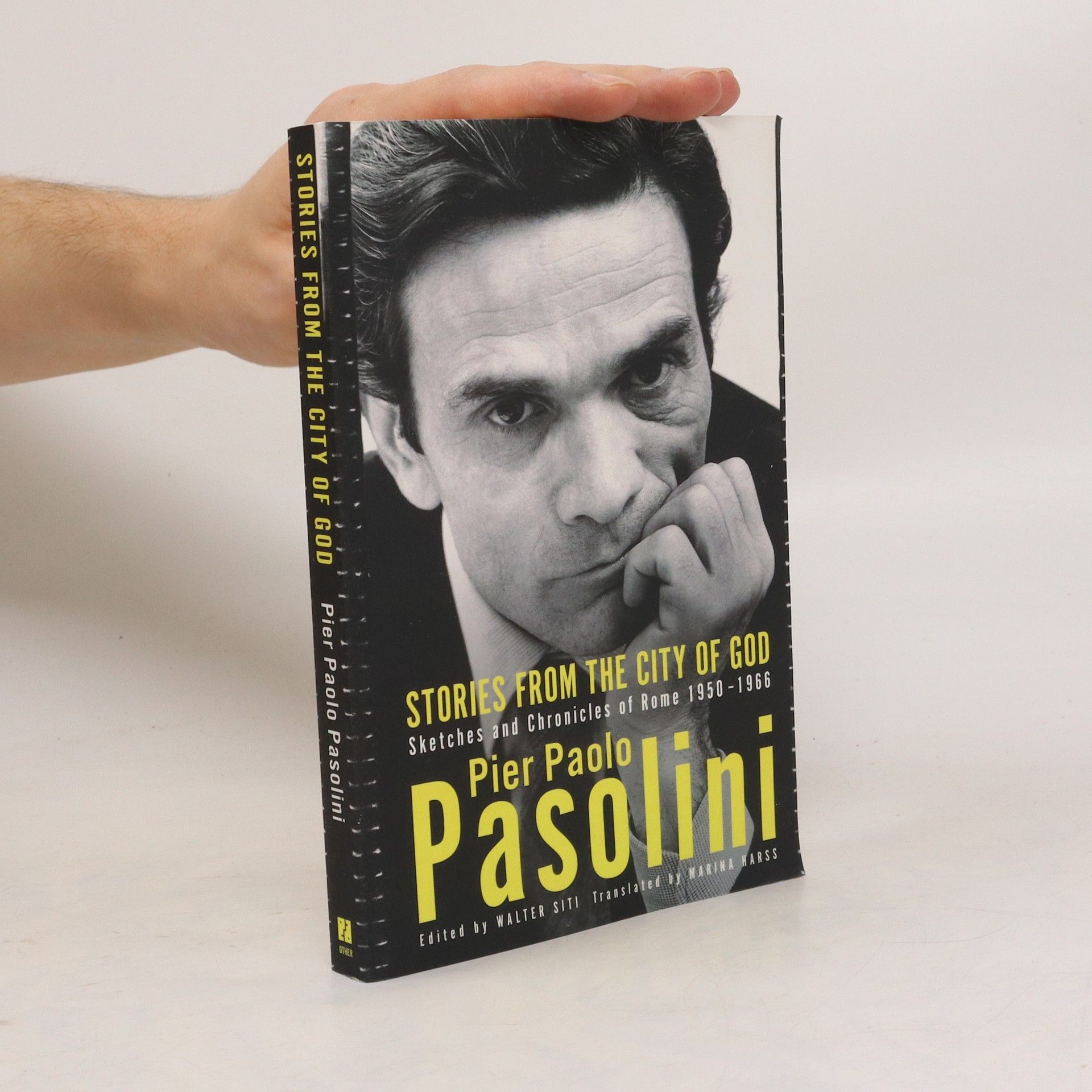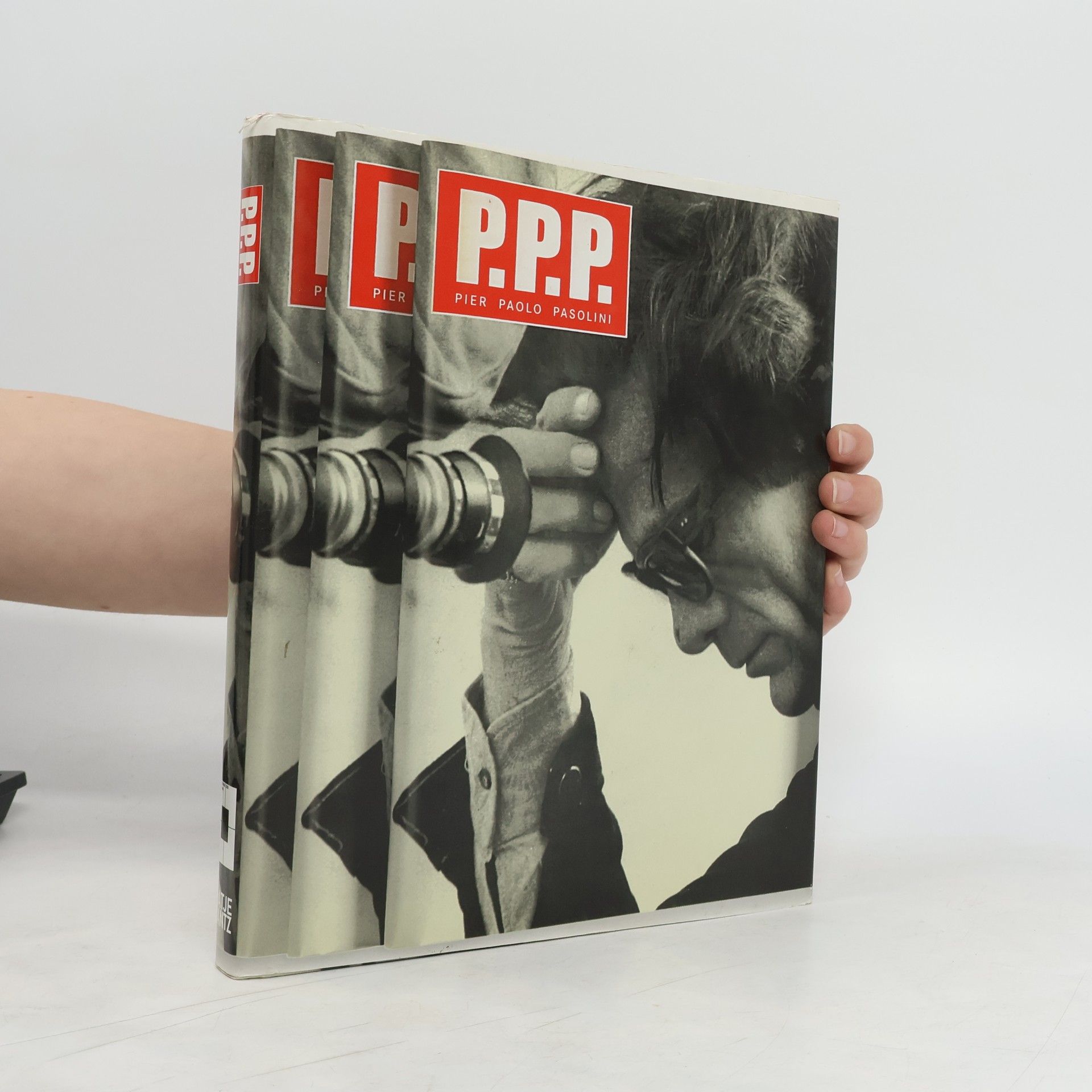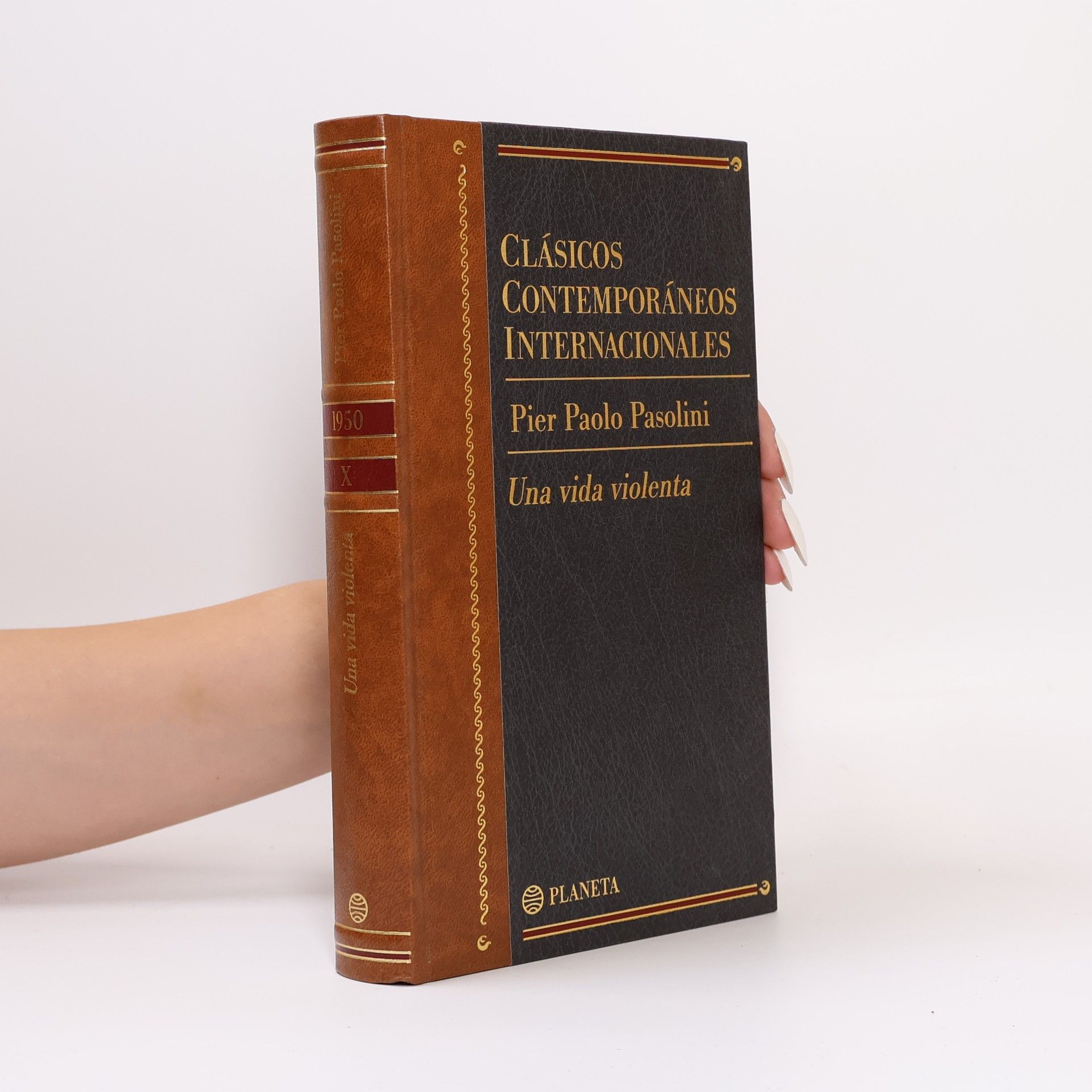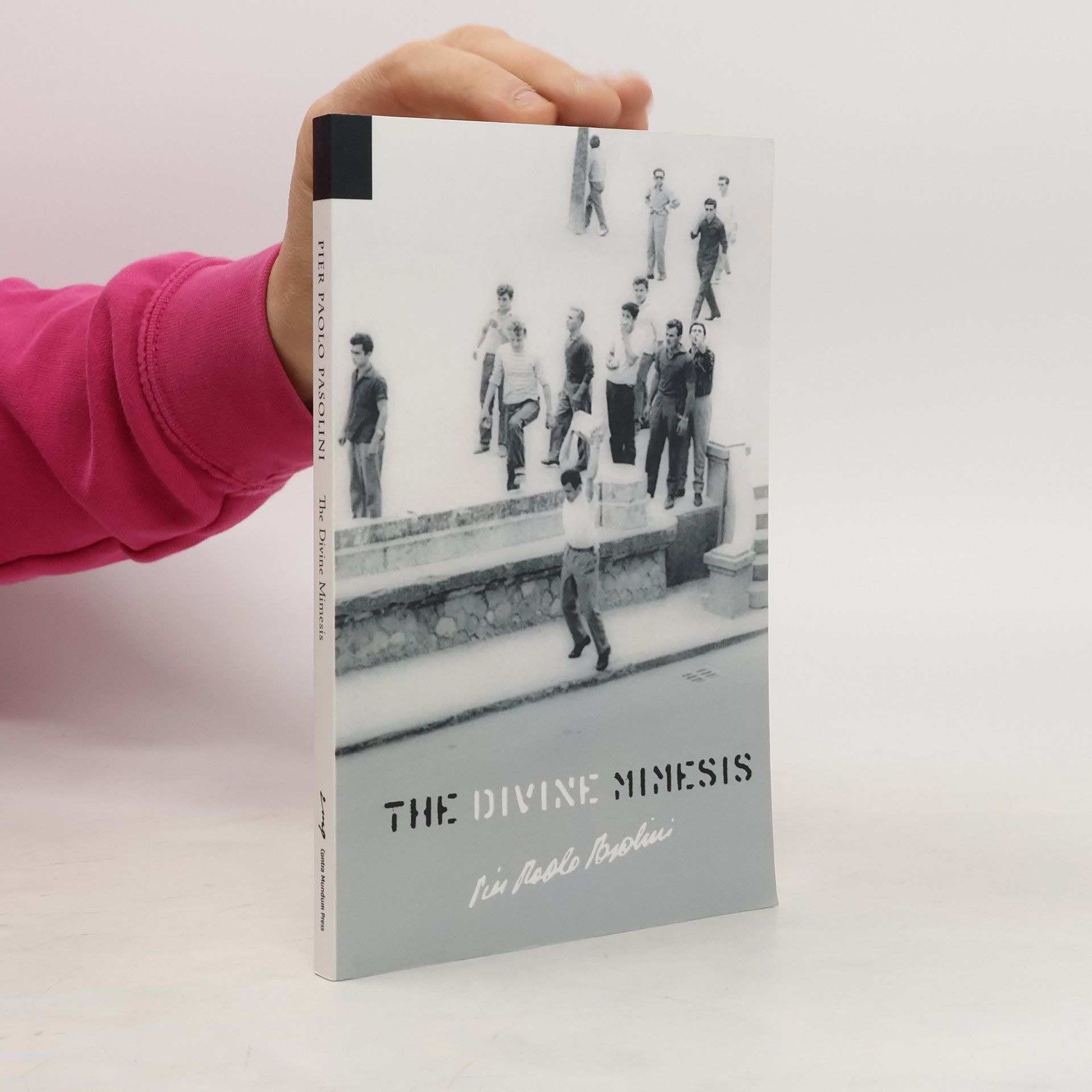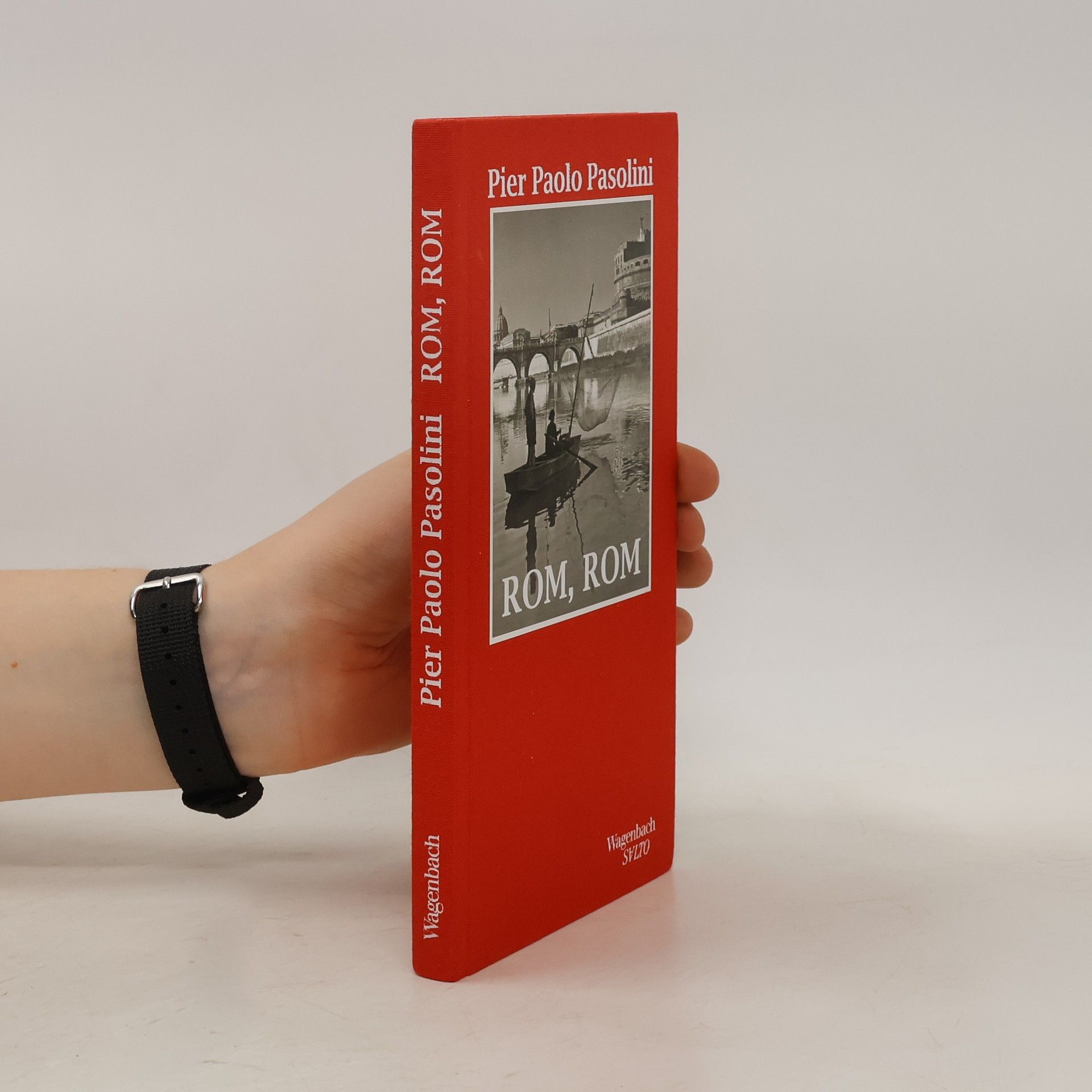Una vida violenta
- 351 páginas
- 13 horas de lectura
Publicada originariamente en Italia en 1959, Una vida violenta es la obra en la que culmina la etapa literaria de Pasolini anterior a su dedicación al cine, y está considerada como uno de los títulos principales de la narrativa italiana de posguerra. Esta representación cruda y realista evidencia la piedad y el amor por un mundo miserable. Ambientada en el bajo proletariado romano de los años cincuenta, la novela se centra en el trágico destino de Tommaso —personaje creado con mano maestra—, un joven delincuente de los suburbios romanos que perece en el umbral de la formación de una conciencia propia. Pasolini despliega en esta novela la lengua de la sociedad marginal de los años cincuenta, violenta y dura, trágica y osada, para dar cuenta de una historia voluntariamente distinta de la ortodoxa y hegemónica. En palabras de Carlo Emilio Gadda, se trata de una novela «lúcida y despiadada, acerca de las personas y los actos, de los ambientes y de la fatalidad».



